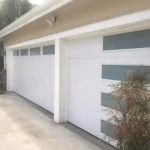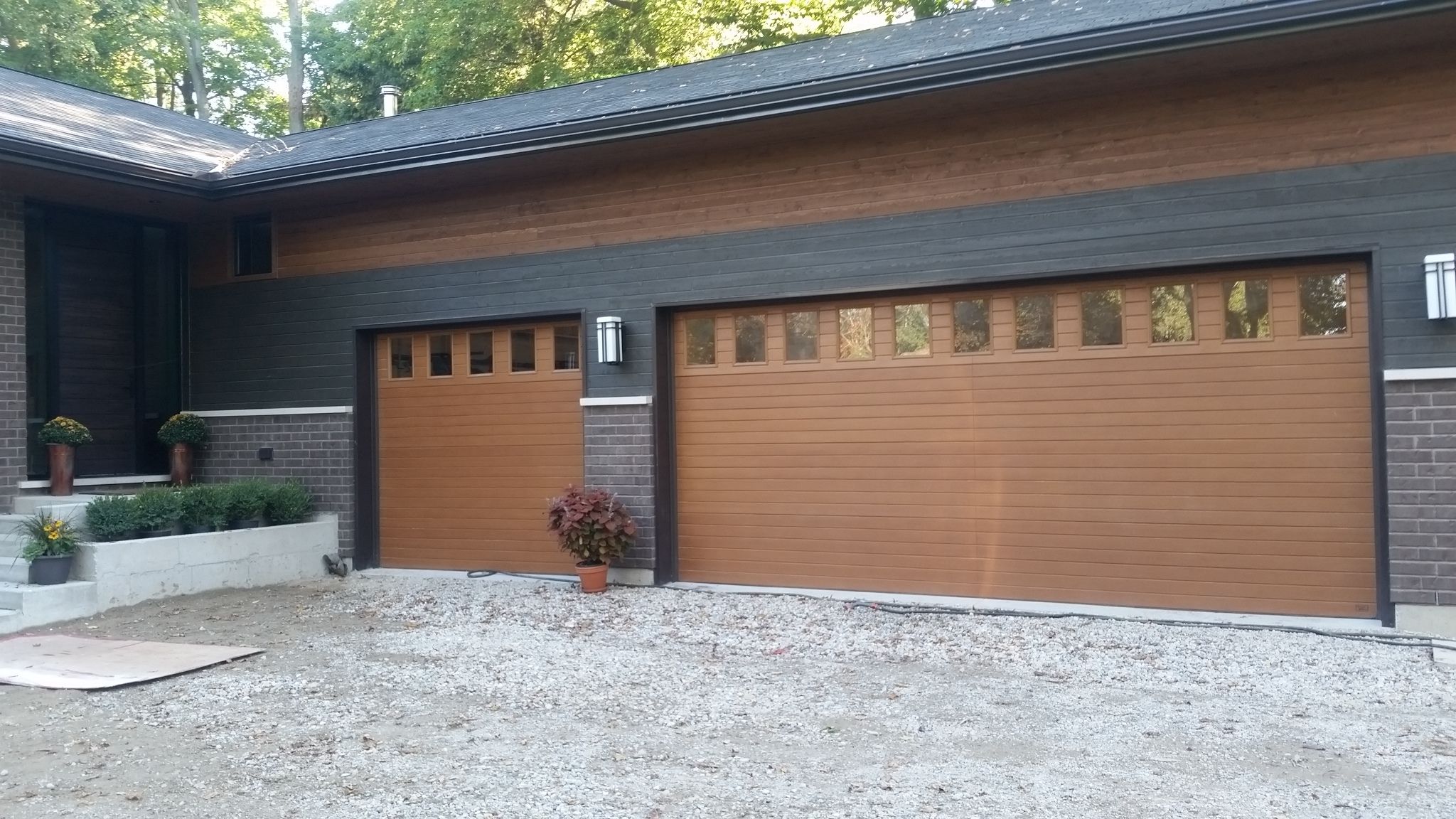Your garage door motor is the heart of your garage door system. It not only provides convenience but also ensures safety and smooth operation. Whether you’re installing a new motor or considering a replacement, understanding your options, costs, and maintenance requirements is crucial. As a garage door repairs expert, I’ve seen homeowners struggle with unexpected breakdowns and costly repairs simply because they didn’t know what to look for. In this guide, I’ll share practical advice, real-life examples, and professional insights to help you make informed decisions.
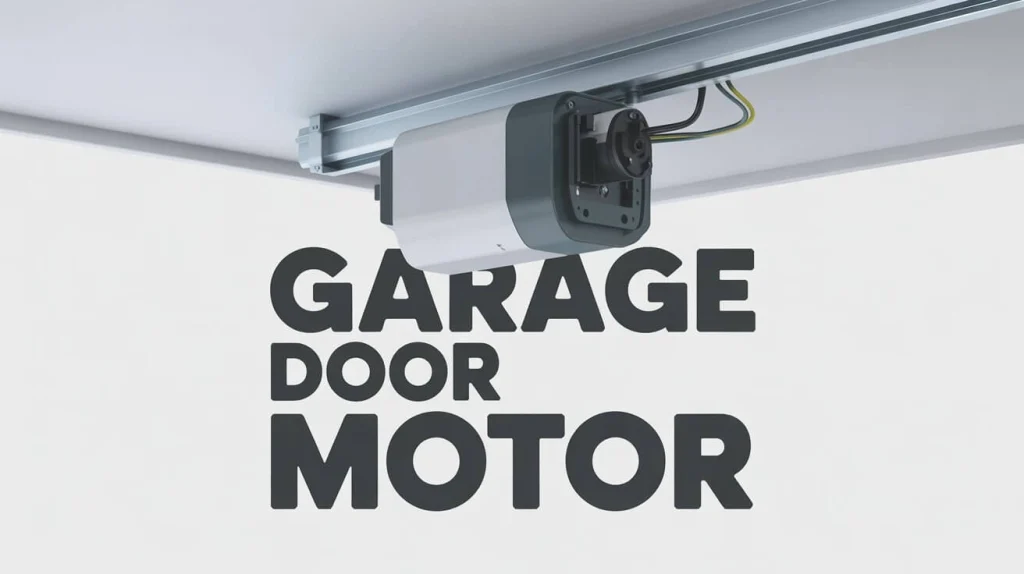
Content
How Much Does a Garage Door Motor Cost?
Many homeowners ask: “How much does it cost to replace a garage door motor?” The answer depends on several factors. On average, a standard automatic garage door motor can range between $250 and $500 for the unit itself, while professional installation might add another $150–$300. Premium models with advanced features like Wi-Fi connectivity, quiet operation, and battery backup may cost $600–$1,200 or more.
Factors influencing the cost include:
- Type of Garage Door Opener: Chain-drive motors are typically less expensive than belt-drive or screw-drive models.
- Installation Fees: Professional installation ensures safety, proper alignment, and warranty coverage.
- Additional Features: Smart home integration or heavy-duty motors can increase the price.
- Brand & Quality: Well-known brands usually offer better reliability but may come at a higher cost.
How to Choose the Best Garage Door Motor
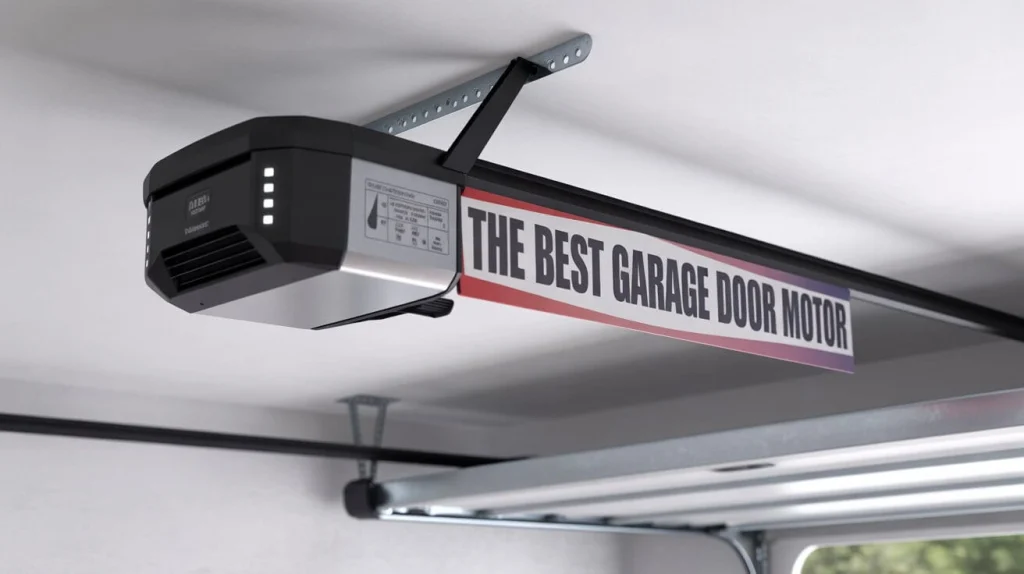
Choosing the right motor is essential for longevity and performance. Here’s what I recommend:
- Assess Your Door Weight and Size: Heavier doors require stronger motors.
- Consider Usage Frequency: Frequent use demands durable and reliable motors.
- Noise Level: If your garage is attached to your home, consider quieter belt-drive motors.
- Smart Features: Modern motors allow smartphone control, automatic closing, and alerts.
Long-term tip: I always advise homeowners to invest slightly more upfront for a motor that lasts longer and requires fewer repairs. It often saves money in the long run.
Step-by-Step Garage Door Motor Installation Guide
Installing a garage door motor can be done as a DIY project, but it’s important to know the risks. Improper installation can lead to damage or injury. Here’s a professional breakdown:
- Turn off power to the garage door system.
- Remove the old motor and track system if replacing.
- Install the new motor and mount brackets according to manufacturer instructions.
- Connect the drive system (chain, belt, or screw).
- Adjust the motor settings, including force limits and travel stops.
- Test the system multiple times to ensure smooth operation.
DIY vs. Professional Installation:
- Pros of DIY: Cost-saving, sense of accomplishment.
- Cons of DIY: Risk of injury, improper setup, voiding warranties.
From experience, professional installation ensures the motor operates safely and lasts longer, which is especially important for heavy garage doors.
Garage Door Motor Maintenance Tips
Regular maintenance can prevent unexpected breakdowns and extend the lifespan of your motor. Here’s what I do with my clients:
- Lubricate moving parts like rollers, hinges, and chains every 6 months.
- Check alignment of tracks and brackets.
- Test the auto-reverse feature to ensure safety sensors work correctly.
- Inspect electrical components for loose wires or corrosion.
- Clean the motor unit to prevent dust accumulation.
Pro Tip: Scheduling annual maintenance with a professional can save hundreds in repairs over the motor’s lifetime.
Signs You Need a Garage Door Motor Replacement
Knowing the warning signs can help you avoid sudden breakdowns. Look out for:
- The door moves slowly or hesitates.
- Unusual grinding or squealing noises.
- The motor struggles with heavy doors.
- Frequent motor resets or trips.
- Failure of auto-reverse sensors or remote signals.
Case Study: A homeowner I recently assisted noticed her door made a grinding noise every morning. Within a week, the motor completely failed. After replacing it with a higher-quality belt-drive motor, she now enjoys quiet, reliable operation daily. The small upfront investment saved her from repeated emergency calls and costly damages.
Is a More Expensive Garage Door Opener Worth It?
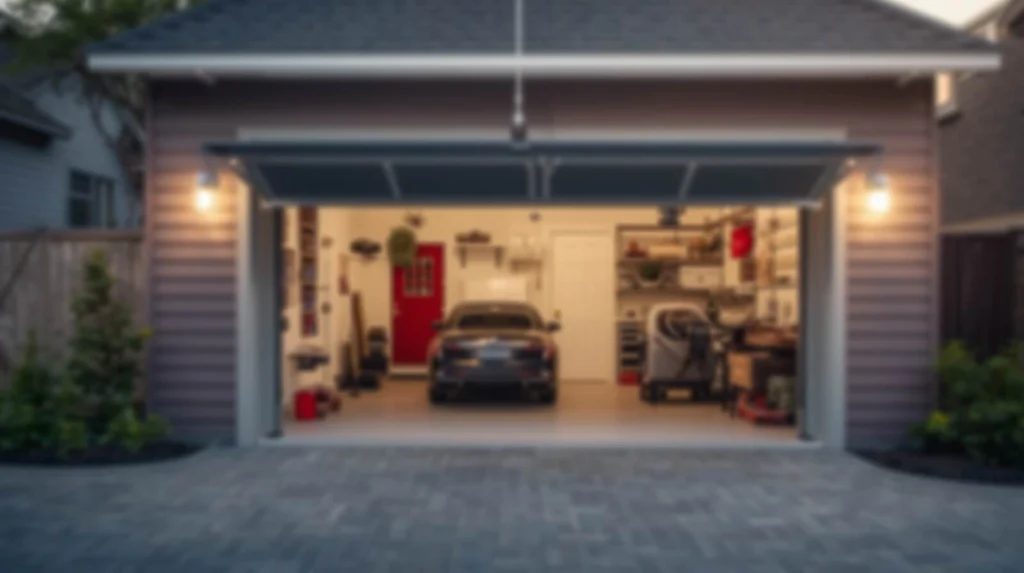
It often is. High-quality motors provide:
- Longer lifespan and reduced repair needs.
- Quieter operation — essential for attached garages.
- Advanced features like Wi-Fi alerts, battery backup, and smartphone control.
While budget models work fine for light, infrequent use, a premium motor ensures convenience and reliability, particularly for families with frequent garage use.
Conclusion: Make an Informed Choice
Your garage door motor is not just a convenience — it’s a key safety component. By understanding the types, costs, installation methods, maintenance, and warning signs, you can make informed decisions that save money and prevent frustration. Whether you choose DIY installation or hire a professional, investing in a quality automatic garage door motor ensures years of smooth, reliable operation.If you’re unsure about your current motor’s condition, scheduling a professional inspection is always a smart move. Proper maintenance not only ensures smooth operation but also enhances your home security, since a reliable garage door motor protects against break-ins. Remember, prevention is cheaper than emergency repairs!
FAQs
Are garage door motors universal?
Most universal garage door motors work with multiple brands, but always check compatibility with your sliding or sectional doors.
How much is a single garage door motor?
A single garage door motor typically costs $250–$500, depending on type and features.
What is the average price for an electric garage door?
Electric garage doors range from $500 to $1,200, depending on size, material, and motor features.
How big of a motor do I need for my garage door?
Choose a motor based on door weight and usage frequency; heavier doors need stronger motors for smooth operation.

Monica, the tech-savvy genius, knows how to add a modern touch to your garage. With her help, you can turn your garage into a high-tech paradise.

